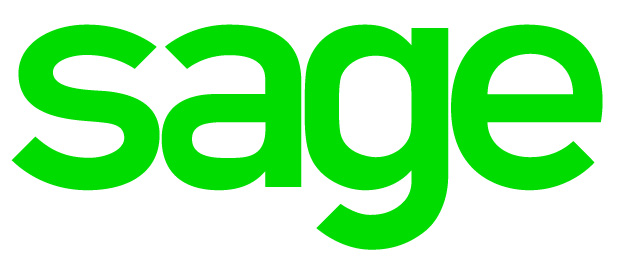Tax changes announced last week
Last week, Philip Hammond presented his first Autumn Statement to parliament.
In some respects, it was a bit of a damp squid as there were no stand-out revelations. However, there were a few tax changes that are worthy of note:
Pension pot reinvestment
The over 55s have been making good use of George Osborne’s facility to flexibly access their pension savings. Many have also reinvested their pension pots in further pension arrangements and reaped the benefit of additional tax savings. To temper enthusiasm for this strategy the Money Purchase Annual Allowance (MPAA) was introduced. This effectively limited tax relief on reinvested funds to £10,000.
The government now believes this is too generous, and from April 2017 this MPAA will be reduced to £4,000.
Check with your pensions advisor to see how this change may affect your pension opportunities if you are considering, or have recently completed, flexible access to your pension pot(s).
VAT Flat Rate Scheme (FRS)
In order to curb what HMRC sees as aggressive use of the FRS, registered traders with limited costs subject to VAT may have to use a compulsory 16.5% FRS rate in place of their existing FRS rate from April 2017.
In certain circumstances, traders using FRS can make a cash “profit” from using the FRS. In particular, this benefits businesses who have low purchases of goods and overheads subject to VAT – HMRC describes these FRS users as a “limited cost trader”.
Businesses using the FRS will need to see if they are affected as continued use of the special scheme may be cash negative from April 2017.
The end of tax-free perks?
HMRC aim to limit the number of benefits provided by employers from April 2017, that are effective from a tax point of view.
The only benefits that will be exempt from the new reclassification are: pensions, pensions advice, childcare, cycle to work schemes and the use of ultra-low emission cars.
The idea is to curb the use of benefits as a means to sacrifice salary for tax perks, and save tax and National Insurance.
We may be witnessing the end of tax-free use of mobile phones and other benefits, although HMRC have said that benefits in place before April 2017 will be protected for at least one year, and in some cases, for four years.
Latest News
- More corporate red tape - April 23, 2024
- New employment protections - April 18, 2024
- Opening up small company reporting - April 16, 2024
- Boost for small businesses - April 12, 2024
- A new acronym - April 9, 2024
- Tax Diary April/May 2024 - April 5, 2024
- Still time to register for the Marriage Allowance - April 5, 2024
- Check your National Insurance record - April 5, 2024






